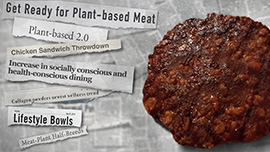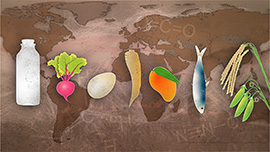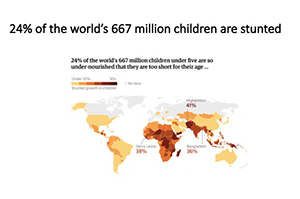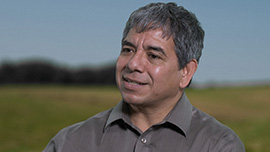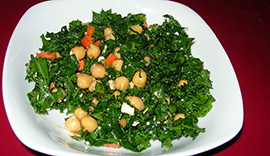Viewpoints
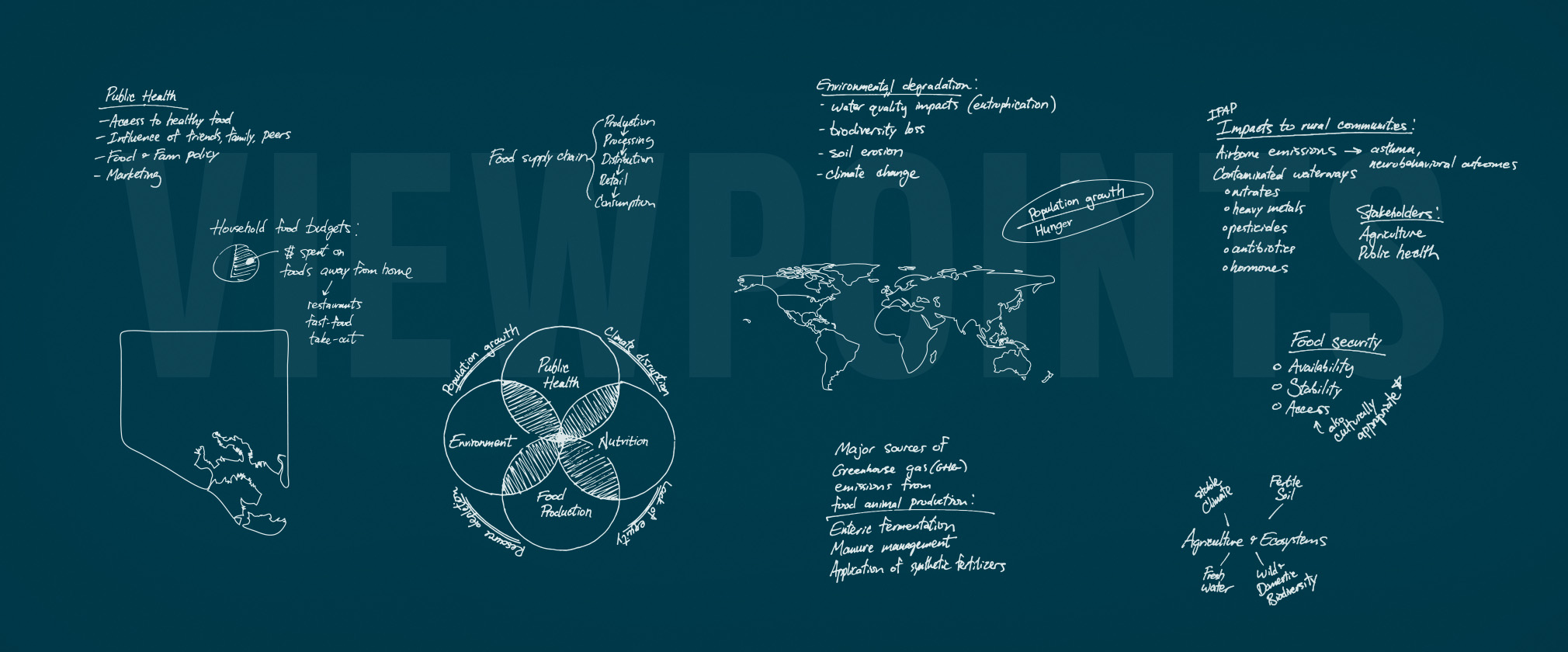
Viewpoints features essays and interviews by the Center for a Livable Future’s staff, faculty, fellows and other affiliates. These opinions are opinions—not representations of the Center’s priorities, activities or stances.
Diet, Health & Planetary Boundaries
Food Trends for 2020 Show a Sustainability Focus
Millennials are changing the way we eat, with plant-based meals and an emphasis on planetary health.
Food Animal Production, Food Policy & Governance, Diet, Health & Planetary Boundaries
Q&A with Alessandro Demaio on the True Cost of Food: Climate Change, Hunger and Framing the Problem
Health communicator Alessandro Demaio chats with CLF about climate change, food systems and how to frame the solutions.
Food Systems & Climate Change, Food Animal Production
For Climate Crisis and Malnutrition, Look at Diet Choice in Context
We must not prescribe a “one-size-fits-all,” Western-centric solution to the challenges of diet and climate.
Food Animal Production, Food Policy & Governance, Diet, Health & Planetary Boundaries
Q&A with Ferd Hoefner on the True Cost of Food: The Soil Health Revolution Is Here
Ag policy expert Ferd Hoefner shares insight into externalities, how to navigate Capitol Hill, and what “soil health” really means.
Diet, Health & Planetary Boundaries, Food Animal Production
Getting a Handle on Excessive Consumption with Meatless Monday
We want a healthier planet with healthier people living on it.
Diet, Health & Planetary Boundaries
Climate Action, Food Systems and Undernutrition
The world is beginning to understand that our food systems play a role in climate change—and that by improving our food systems now we might be able to mitigate some of the more devastating shifts in climate yet to come.
Food Animal Production, Food Policy & Governance, Diet, Health & Planetary Boundaries
Q&A with Bill Niman on the True Cost of Food: Critical Control Points
Cattle rancher Bill Niman chats with CLF about animal welfare, slaughterhouses and regenerative agriculture.
Food Animal Production, Food Policy & Governance, Diet, Health & Planetary Boundaries
Q&A with Regi Haslett-Marroquin on The True Cost of Food: The Bill Is Already in the Mail
Permaculture expert Reginaldo Haslett-Marroquin talks with CLF about regenerative agriculture, externalities, chickens and hazelnuts.
Food Animal Production, Diet, Health & Planetary Boundaries
Food Trends to Make an Impact in 2019
The big climate solutions rest in the hands of policymakers and industry—but there’s a lot consumers can do.
Joyce Smith, 1952 – 2018
The Baltimore food community will deeply miss one of its most passionate members.
